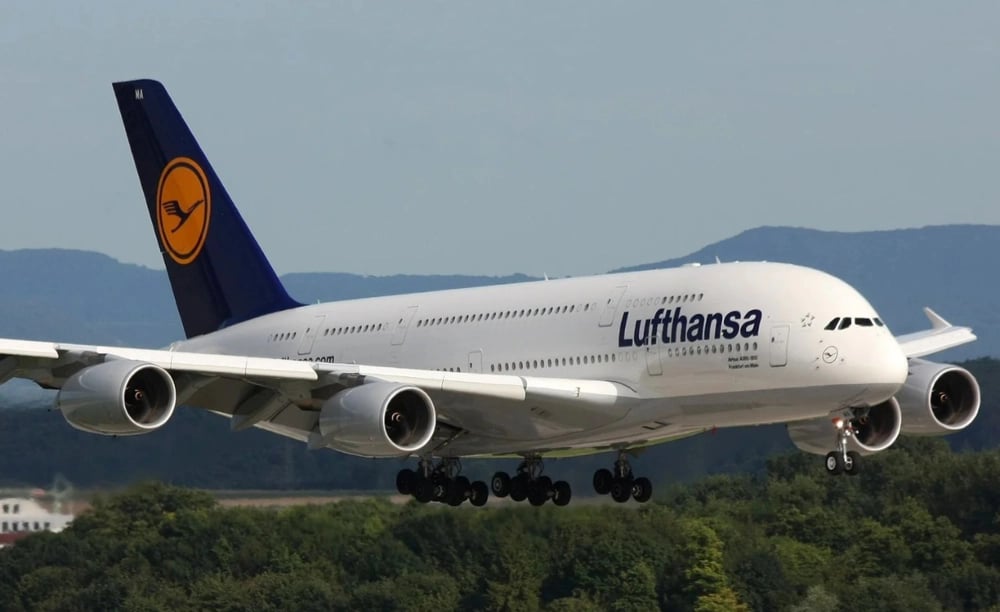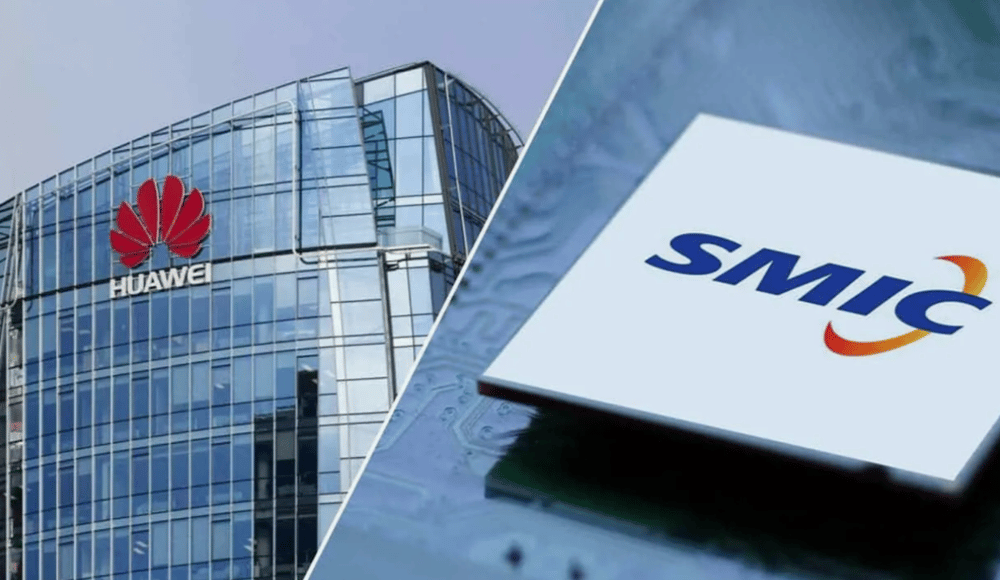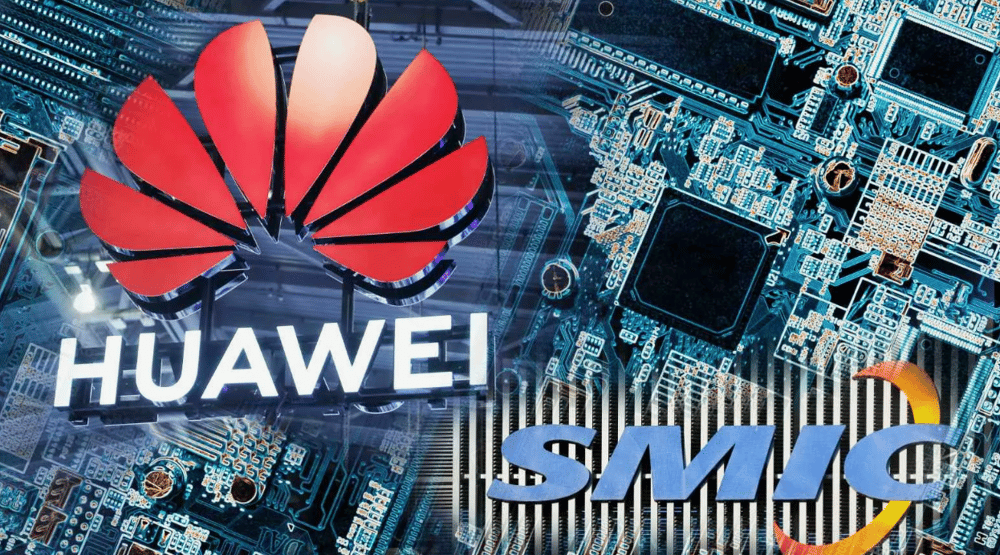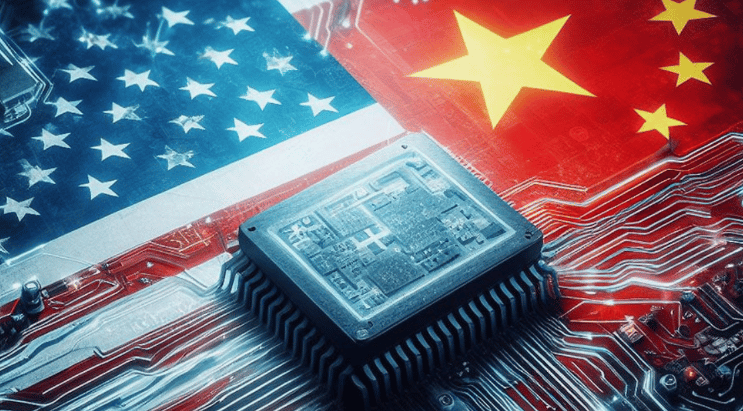Taiwan's Ministry of Economic Affairs has officially added Huawei Technologies Co. Ltd. and Semiconductor Manufacturing International Corp. (SMIC) $0981.HK to its export control list, elevating existing restrictions on technology transfers to mainland China. This move places the Chinese tech giants alongside groups already designated as high-risk entities, including the Taliban and al Qaeda.
The newly updated list, released over the weekend via the ministry’s trade administration website, mandates that Taiwanese firms must seek government authorization before exporting strategic high-tech commodities to these companies. The decision adds a new layer of regulatory oversight at a time of intensifying global competition in advanced semiconductor technologies.
Strategic Implications: Taiwan’s National Security and Supply Chain Sovereignty in Focus
The inclusion of Huawei and SMIC is widely interpreted as a protective measure to safeguard Taiwan’s dominant position in advanced semiconductor manufacturing. As home to Taiwan Semiconductor Manufacturing Company (TSMC) $2330.TW —the world’s leading foundry and a key supplier to major U.S. tech firms like Nvidia $NVDA —Taiwan holds a crucial role in the global chip supply chain.
Both Huawei and SMIC have ramped up domestic efforts to reduce dependence on foreign suppliers and close the technological gap. However, Taiwan’s strategic export ban may significantly impede access to cutting-edge chip production tools and materials, especially those essential for AI and 5G development.
The updated list indicates growing alignment between Taiwan’s trade policy and U.S.-led technology restrictions on Chinese firms, which already include Huawei and SMIC on various American entity lists. Taiwan's stance reflects increasing concern over potential dual-use technologies, which can be used in both civilian and military applications.
Key Facts
🛑 Newly Restricted Entities: Huawei and SMIC
📜 Authority: Taiwan’s Ministry of Economic Affairs – Strategic High-Tech Commodities List
🏭 Affected Firms: All Taiwanese exporters in semiconductor and high-tech industries
🔒 Export Rule: Prior government approval now required
🧠 Strategic Concern: Limiting transfer of sensitive technologies with potential military applications
🌐 Global Context: Echoes U.S. and allied tech restrictions targeting Chinese firms
Global Tech Supply Chains Face Further Fragmentation
While there was no immediate comment from the companies or the ministry at the time of the update, the global semiconductor industry is likely to feel ripple effects from Taiwan's latest trade policy stance. Analysts point to a tightening of export screening procedures, which may influence capital expenditures and international collaboration strategies among Taiwanese chip and tech equipment suppliers.
The move could also indirectly benefit TSMC, as the firm continues to differentiate itself through regulatory compliance and geopolitical alignment with Western partners. For Huawei and SMIC, however, the restrictions represent another hurdle in achieving parity in leading-edge chip fabrication, especially in nodes below 7 nanometers.
Financial markets have yet to fully price in the long-term impact, but the decision contributes to deepening bifurcation in global technology standards—one dominated by U.S. and allied jurisdictions, and the other by China’s domestic innovation push.
Key Developments
Huawei and SMIC listed: Both Chinese tech firms now require case-by-case export license approvals from Taiwanese suppliers.
TSMC’s geopolitical leverage increases: Taiwan’s strategic positioning as a trusted chip supplier may attract more Western investment.
Decoupling momentum builds: The action adds to growing technological segmentation between China and the West.
Global chip supply implications: New controls could delay Huawei’s and SMIC’s roadmap in AI and advanced node development.
Limited response so far: Neither Huawei nor SMIC issued public statements as of press time.
Taiwan's Policy Escalation Recasts High-Tech Trade Landscape in Asia
The Taiwanese government’s addition of Huawei and SMIC to its export control list marks a turning point in cross-Strait tech relations. By requiring state-level approvals for all exports of sensitive high-tech materials to these firms, Taiwan signals a firmer commitment to safeguarding national security and maintaining alignment with its Western allies.
This decision not only reinforces Taiwan’s role as a geopolitical chokepoint in the semiconductor ecosystem but also intensifies the long-term uncertainty for Chinese tech firms striving to achieve chip self-sufficiency. As the global tech landscape continues to fragment along strategic fault lines, Taiwan’s actions will play a defining role in shaping the future of digital sovereignty and technological influence in the Asia-Pacific region.








This strategic decision by Taiwan illustrates the growing complexities in global tech relations and the critical role of export controls in safeguarding national interests.